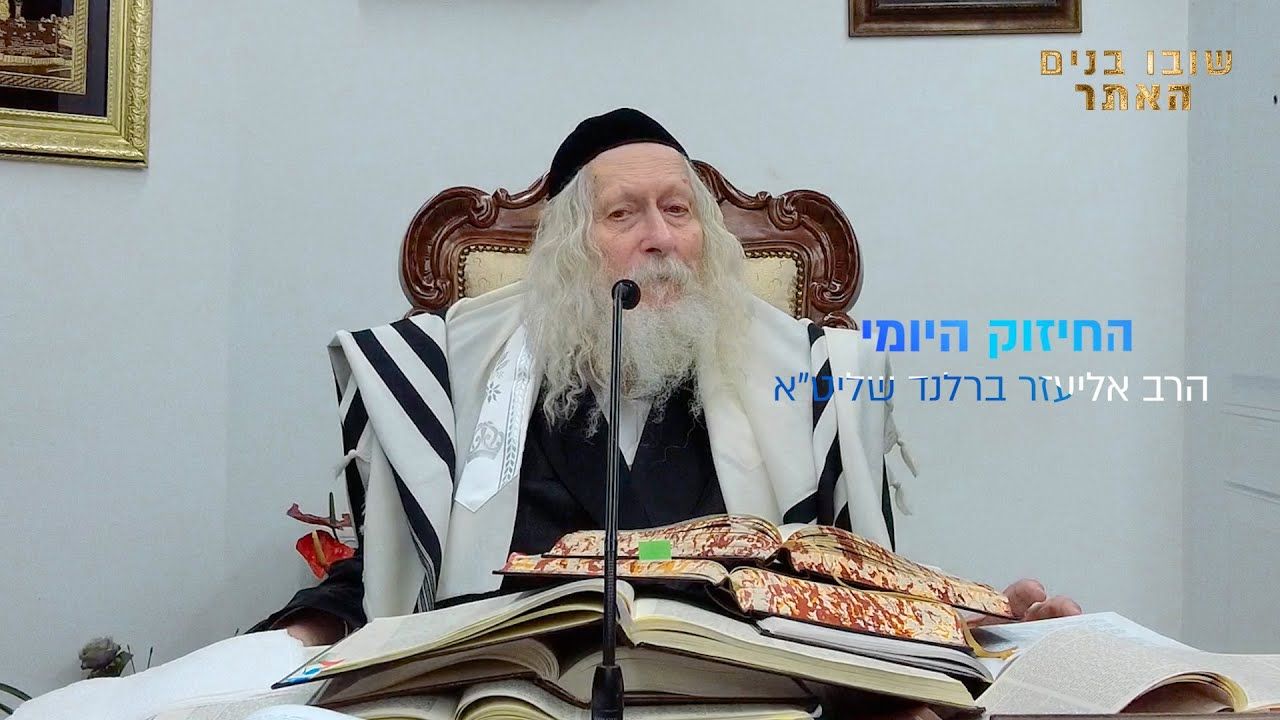לַיְלָה אוֹמֵר - Night Says:
[Night at Haifa Bay, Israel]
Tehillim 92:3
לְהַגִּיד בַּבֹּקֶר חַסְדֶּךָ וֶאֱמוּנָתְךָ בַּלֵּילוֹת
Lehagid baboker chasdecha ve'emunatcha baleilot
To relate Your loving-kindness in the morning, and Your faithfulness in the nights.
Why do we focus on "kindness" in the morning but on "faith" at night? Daytime represents clarity, when one can see and comprehend with certainty; things are "clear as day", as the saying goes. This refers to the kindnesses and miracles that He performed for us. Nighttime, however, indicates the doubt and uncertainty we may have as to when and how we will be extricated from our communal and personal challenges. As such, nighttime is a time to draw upon one's faith that redemption- geulah will come. Even when it is darkest, we believe that G-d is faithful to us. This is one of the tests with which G-d tries us. Despite everything, we continue to cling to G-d.
The night, in relation to the day, is like the preparation in relation to the goal. The rest we have at night prepares for the work of the day. So too, emuna (belief) prepares for the completeness of true knowledge regarding Hashem’s kindness. Without belief one would not fulfill mitzvot and all the attributes that eventually lead to recognition of the truth. Therefore, belief is considered like preparation, which night represents, in regard to what the intellect and senses grasp. It is necessary for one who is to grasp as he reaches the heights of intellect to be properly led in the path of belief. He certainly cannot reach true knowledge without being prepared by belief.
A person also will not have flashes of truth at all times, as the Rambam says. His intellect may work well, and he will independently realize the truth of the Torah views. Yet, even as one who is in the light of day, he still must always be armed with the ammunition of belief. This enables his completeness to find a place to give light even when the intellectual inspiration subsides, a time that can be compared to night. That’s why day is mentioned before night, because often, even during the times of “intellectual daylight,” some “dark of night” lingers. Therefore, one always needs to be ready to hold on to belief, which is the eternal light. This is also hinted at regarding the moon, about which it says: “Go and rule in the day and the night” (Eretz Hemdah; Chulin 60b).





















